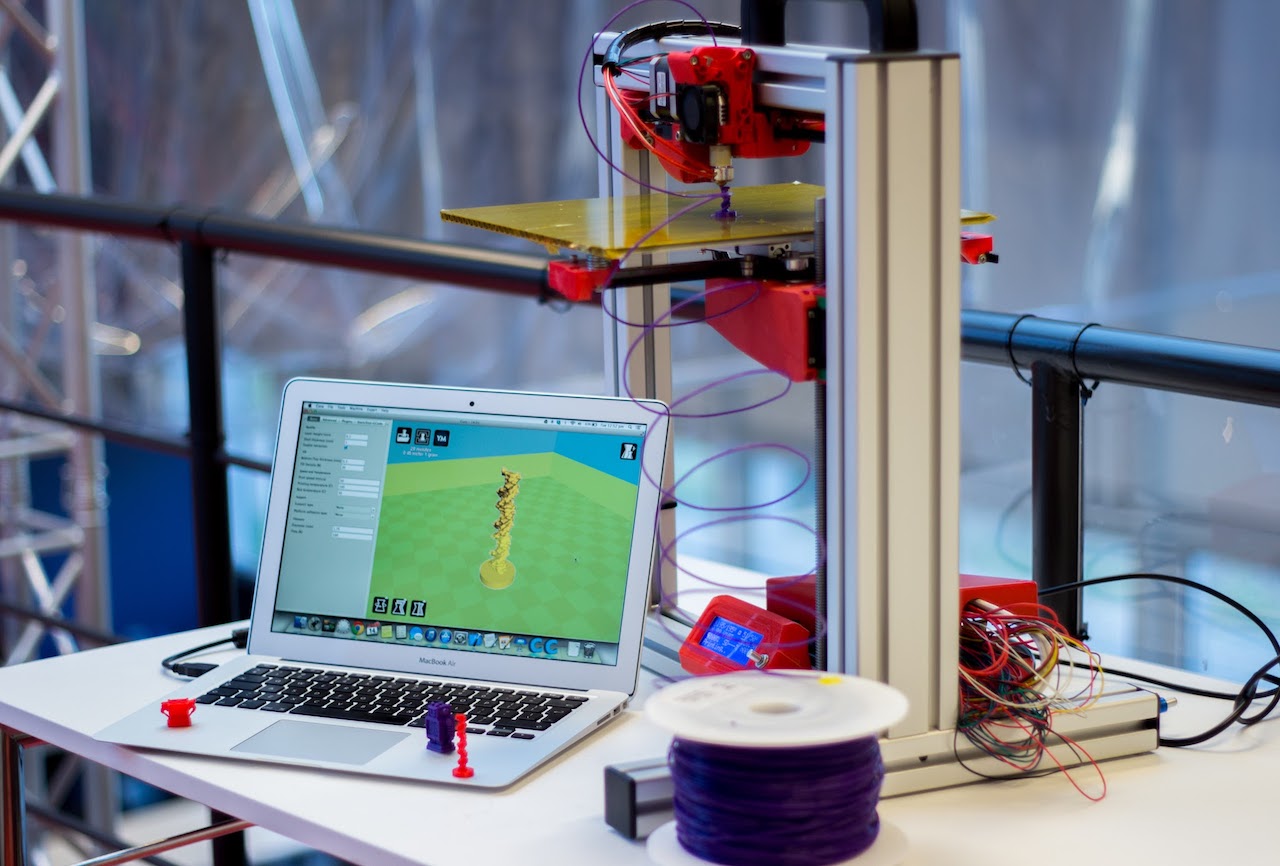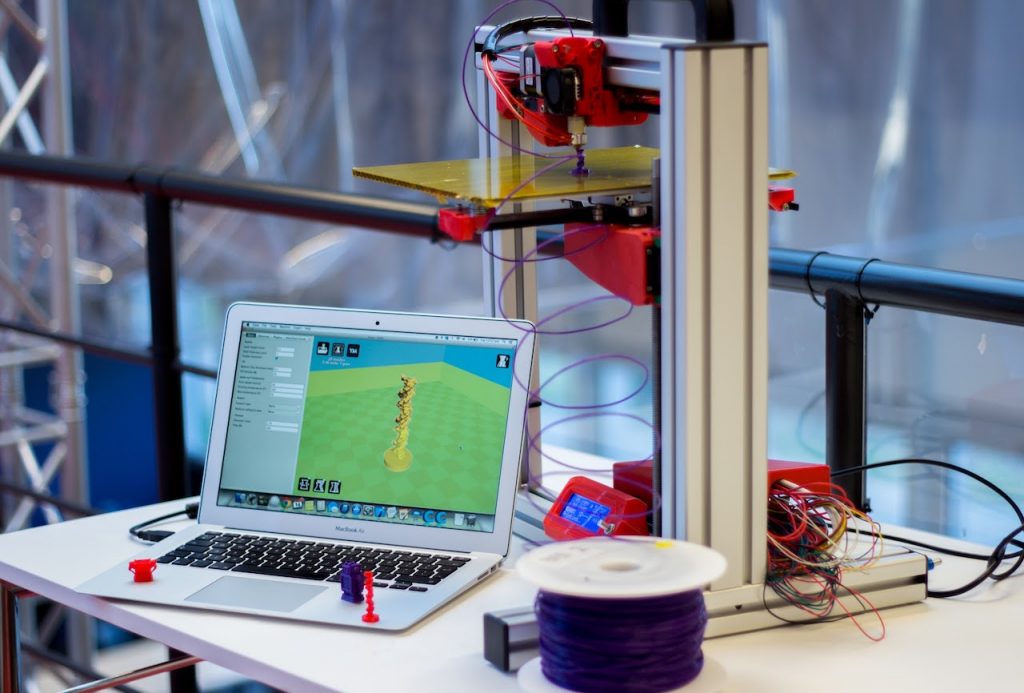Cody Wilson successfully fired a 3-D printed gun while attending the University of Texas Law School in 2013.
Just a few days later, Wilson dropped out of law school to focus his energy on his newfound — and now proven successful — hobby designing 3-D guns. Soon after firing the first 3-D printed gun, nicknamed the Liberator, Wilson began to post the blueprints for his 3-D printed gun designs online.
After people downloaded the blueprints more than 100,000 times, the U.S. State Department ordered Wilson to remove them, citing a federal law regarding the export of military weaponry. Wilson successfully sued the State Department, insisting that their censorship of the blueprints denied him his First
Amendment rights.
But despite winning the case against the State Department, Wilson’s plans to post the blueprints were once again put on hold by federal Judge Robert S. Lasnik, after 19 states and the District of Columbia fought to block the
settlement.
The thought of people printing guns at home on their 3-D printer is disconcerting to most citizens. Polling conducted by The Hill indicates that 79 percent of voters believe 3-D gun blueprints should be illegal.
Even President Donald Trump indicated the strangeness of the idea when he tweeted on July 31: “I am looking into 3-D Plastic Guns being sold to the public. Already spoke to NRA, doesn’t seem to make much sense!”
While 3-D printed guns are an odd concept, the question of regulating their production must be considered carefully. But rather than imposing regulations stemmed from fear of information getting into the wrong hands, the courts must remember that their biggest concern should be clarifying and protecting the First Amendment rights defined in the Constitution.
“I don’t believe that access to information is ever tremendously negative or a bad thing,” Wilson said in a video interview published by CNN. “I know that people can use information for bad things, but this isn’t a justification to … stop a publisher from speaking.”
“I know that people can use information for bad things, but this isn’t a justification to … stop a publisher from speaking.” – Cody Wilson

3-D Printers – These type of printers have been used to make jewelry, dolls, chocolate and now firearms.
With the growing awareness of what seems to be an increasing threat of active shooters in public places, it’s easy for the general public to respond emotionally to gun-related legislation.
The Gun Control Act of 1968 makes it illegal for a person to manufacture guns for sale or distribution. But that legislation does not extend to the manufacturing of guns at home for personal use.
And while it is likely and perhaps necessary that the manufacturing of guns at home will become regulated by those who hold to a certain interpretation of the Second Amendment, to interfere in the process by regulating the information itself is a violation of the First Amendment.
“Do public libraries perform background checks on people before they read a book?” Wilson asked in the interview. “That’s just not how speech and
publication works.”
According to the Texas Tribune, Wilson has worked around the federal interference in releasing the blueprints publicly online by selling the blueprints directly to customers. He allows customers to name their price. He will fulfill orders even if they enter a
price of $0.
“If it’s illegal for you to make a gun in this country, then it’s illegal for you to make a gun. You’re violating the law,” Wilson said. “But that doesn’t mean that possibility (should prevent) people from being able to legally share and freely access this information.”
And Wilson is right.
What people do with the information they have is up to them and their actions may invoke legal consequences. But regulating information — even information considered dangerous by some — is a threat to the stability and security of the foundational principles of our democracy. Freedom of speech and access to information is critical to a free society.
When a CNN reporter asked Wilson about the case of a man who went on a shooting spree and killed five people with a homemade AR-15, and whether he worries that “democratizing this information” might lead to a similar scenario, Wilson answered, “Is democracy dangerous or not? Can the people be trusted or not?”
And that is the question to ask: is democracy dangerous or not? While most people see Wilson’s publication of 3-D gun blueprints as a gun issue, they need to see it as a First Amendment rights issue.
Perhaps democracy is dangerous. But the elimination of First Amendment rights carries a far greater danger.
